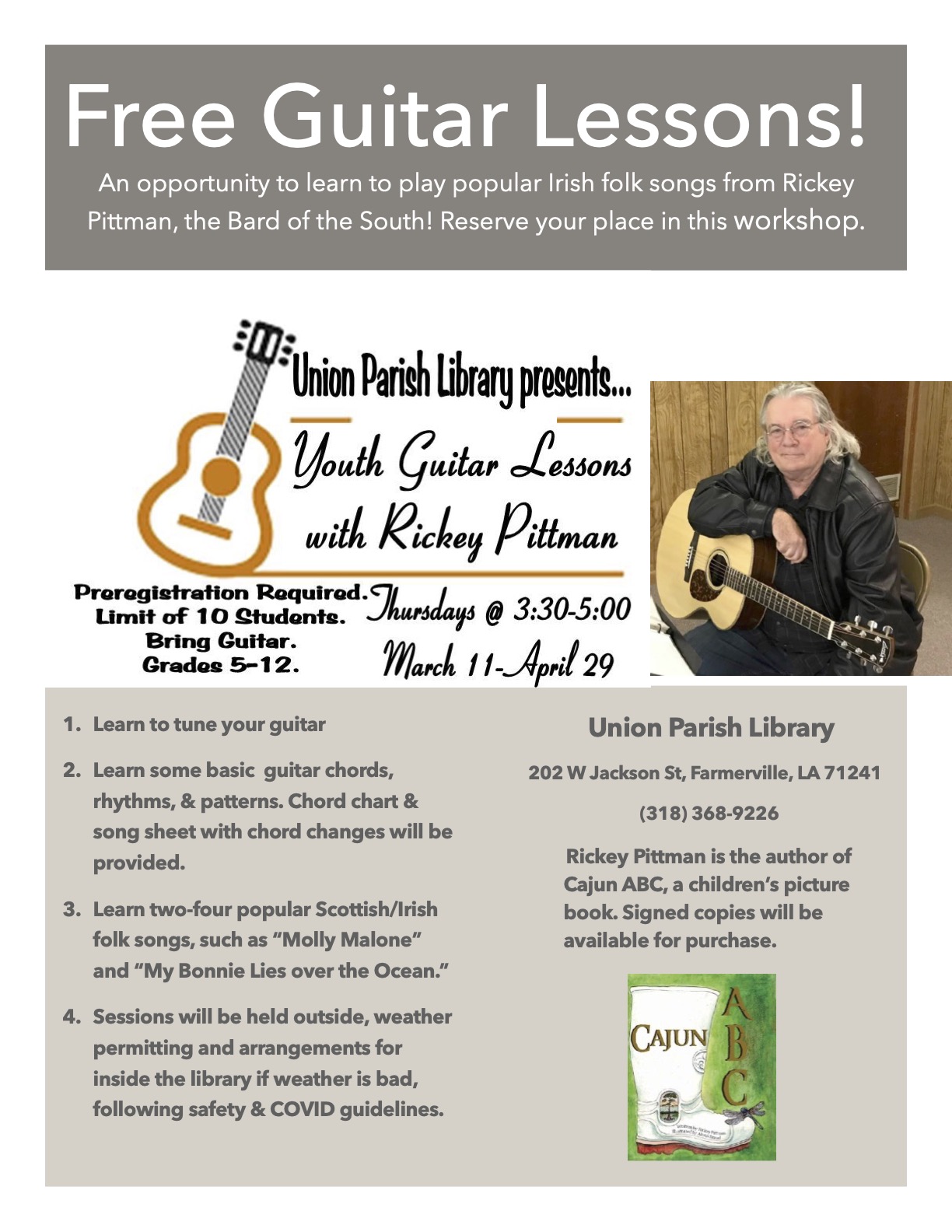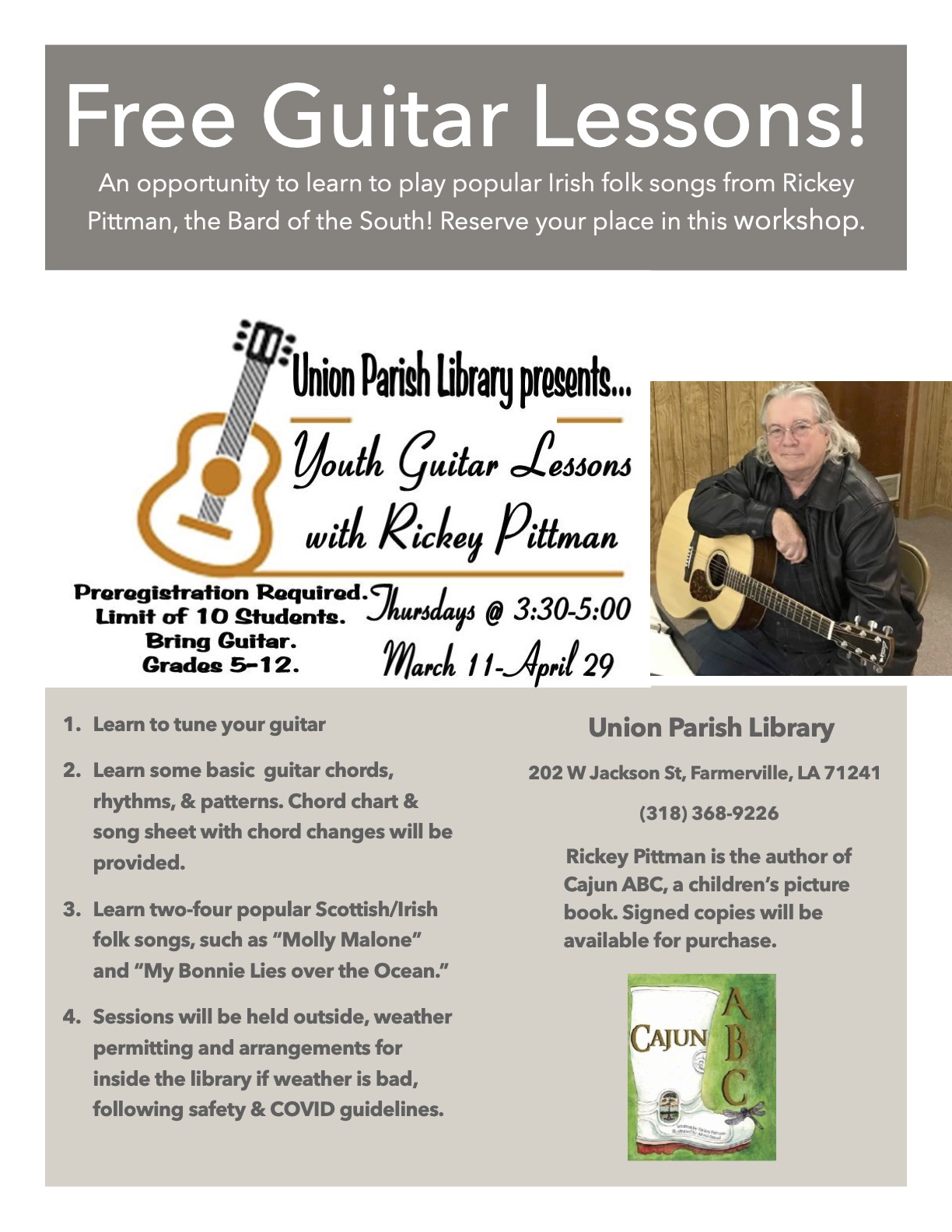Quotations from No Country for Old Men
The purpose of this post is to post the lines from Cormac’s McCarthy’s novel, No Country for Old Men. In my literary thinking, I am a follower of the Reader Response theory. Sixteen years ago, almost to the day, I read this novel. Since then, I’ve watched the movie numerous times. I decided to give the book a second read and see what I’ve brought to this second reading that I did not have in my mind, heart, and experience that I had that first read. I thought a good exercise for that is to record lines that touched me or caught my attention.
Other than No Country for Old Men, I’ve read every novel of McCarthy at least twice, and now I can add the title to my “read twice” list. Every work of McCarthy’s that I’ve read has touched me deeply and each provides great quotations that touched upon my human existence. Because of McCarthy’s historical research and extensive vocabulary, each reading has been a learning experience. And many of the lines and phrases pushed me to immediate research. Lines such as “pictographs perhaps a thousand years old” (11) and “There were Mojave rattlesnakes in that country” (18), made me search for images of the pictographs and research on the Mojave rattlesnake (18), the most poisonous snake in the United States. Though there are many more I could have used, I hope that these quotations may also touch you as well. They are lifted from Knopf’s 2005 edition. The spelling and punctuation are McCarthy’s.
16 And the chances of me seein you fore you see me are about as close to nothin as you can get without fallin in.
17 – He was scared in a way that he didn’t even understand.
19 –It was a penitentiary offense to own one (machine pistol).
20 – You live to be a hundred, he said, and there wont be another day like this one. As soon as he said he was sorry.
25 -the road deserted, the truck radio in this outland country dead even of static from one end of the band to the other.
26 Everbody is somethin.
27 – A trespasser. Among the dead. Dont get weird on me, he said. You aint one of em. Not yet.
27 – There is no description of a fool, he said, that you fail to satisfy. Now you’re goin to die.
28 – The spotlight swept over the rocks again, It’s all right, he said. You need to be put out of your misery. Be the best thing for everbody.
29 – Then he realized that he would never see his truck again, Well, he said. There’s lots of things you aint goin to see again.
29 – If you knew there was somebody out here afoot that had two million dollars of your money, at what point would you quit lookin for me? That’s right. There aint no such point.
36 – By then they would know who he was and they would never stop looking for him, Never, as in never.
39 – Point bein you don’t know what all you’re stopping when you do stop somebody.
45 – Beyond in the stone arroyos the tracks of dragons.
57 – Anything can be an instrument, Chigurh said. Small things. Things you wouldnt even notice. They pass from hand to hand. People don’t pay attention. And then one day there’s an accounting. And after that nothing is the same.
62 – I don’t know that law enforcement benefits all that much from new technology Tools that comes into our hands comes into theirs too.
62 – It [a new car] wouldn’t outrun a fatman.
62 The ones that really ought to be on death row will never make it. I believe that.
64 – It takes very little to govern good people. Very little. And bad people cant be governed at all. Of if they could I never heard of it.
66 – I aint makin no promises, he said. That’s how you get hurt.
79 – This whole thing is just hell in spectacles, aint it, Sheriff.
79 – I ain’t sure we’ve seen these people before. Their kind. I don’t known what to do about em even. If you killed em all they’d have to building a annex on to hell.
87 – By the time he got up he knew that he was probably goig to have to kill somebody. He just didnt know who it was.
90 – Jack used to say that bein sheriff was one of the best jobs you culd have and bein an ex-sheriff one of the worst.
91 – People think they know what they want but they generally don’t Sometimes if they’re lucky they’ll get it anyways.
109 – It had already occurred to him that would probably never be safe again in his life and he wondered if that was something that you got used to. And if you did?
110 – What have you done. What have you failed to do.
123 – I think that when the lies are all told and forgot the truth will be there yet.
124 – [T]he dead have more claims on you than what you might want to admit or even what you might know about and them claims can be very strong indeed.
133 – The people of Terrell County hired me to look after em. That’s my job. I get paid to be the first one hurt. Killed, for that matter.
150 – The people he meets tend to have very short futures. Nonexistent, in fact.
158 – Young people anymore they seem to have a hard time growing up. I dont know why.
158 – People anymore you talk about right and wrong they’re liable to smile at you.
159 – I know as certain as death that there aint nothin short of the second comin of Christ that can slow this train.
177 – You’ve been giving up things for years to get here.
189 – Sometimes you have a little problem and you dont fix it and then all of a sudden it aint a little problem anymore.
198 – fear of an enemy can often blind men to other hazards.
216 – I’ve lost a lot of friends over these last few years. Not all of em older than me neither. One of the things you realize about getting older is that not everbody is goin to get older with you.
216 – They have no respect for the law? That aint half of it. They don’t even think about the law. It don’t seem to even concern em.
p. 217 – I think if you were Satan and you were settin around tryin to think up something that would just bring the human race to its knees what you would probably come up with is narcotics.
220 – Things happen to you they happen. They dont ask first. They dont require your permission.
227 – It’s not about knowin where you are. It’s about thinkin you got there without takin anything with you, Your notions about startin over. Or anybody’s. You don’t start ovr. That’s what it’s about. Ever step you take is forever. You cant make it go away. None of it.
227 – You think when you wake up in the mornin yesterday don’t count. But yesterday is all that does count. What else is there? Your life is made out of the days it’s made out of. Nothin else.
234 – But there’s a lot of bad luck out there. You hand around long enough and you’ll come in for your share of it.
235 – I dont change my mind. I like to get it right the first time.
249 – My daddy always told me to just do the best you knew how and tell the truth. He said there was nothin to set a man’s mind at ease like wakin up in the morning and not havin to decide who you were. And if you don’t something wrong just stand up and say you done it and say you’re sorry and get on with it. Dont haul stuff aound with you.
p.259 Everthing I ever thought has turned out different, she said. There aint the least part of my life I could of guessed.
259 – Every moment in your life is a turning and every one a choosing. Somewhere you made a choice. All followed to this.
265 – I think by the time you’re grown you’re as happy as you’re goin to be . . . You sign on for the ride you probably think you got at least some notion of where the ride’s goin. But you might not. Or you might have been lied to.
267 – Anyway, you never know what worse luck your bad luck has saved you from.
267 – You always pay too much. Particularly for promises. There aint no such things as a bargain promise. You’ll see. Maybe you done have.
267 – I always thought when I got older that God would sort of come into my life in some way. He didnt. I dont blame him. If I was him I’d have the same opinion about me that he does.
283 – I told my deputies more than once that you fix what you can fix and you let the rest go. If there aint nothin to be done about it it aint even a problem. It’s just an aggravation.
295 – It’s a life’s work to see yourself for what you really are and even then you might be wrong.
298 -There’s two kinds of people that dont ask a lot of questions. One is too dumb to and the other dont need to.
303 – I think I know where we’re headed. We’re bein bought with our own money. And it aint just the drugs. There is fortunes bein accumulated out there that thy dont nobody even know about. What do we think is goin to come of that money? Money that can buy whole countries. It done has. Can it buy this one? I dont think so. But it will put you in bed with people you ought not to be there with.

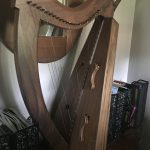 It is said by those who heard the tales from the ancients, the old men and women of Wales, who heard the story first from those who had memories of the Druids and even Arthur’s sword. It is said that on those late summer afternoons when the sun is still shining hot and strong and raindrops fall from the blue sky, fall warm on your skin, it is said that if you sit in a quiet place of rocks and trees and if you shut your eyes, you’ll hear a harp’s melody, soft and sad and sweet as a harper using golden strings.
It is said by those who heard the tales from the ancients, the old men and women of Wales, who heard the story first from those who had memories of the Druids and even Arthur’s sword. It is said that on those late summer afternoons when the sun is still shining hot and strong and raindrops fall from the blue sky, fall warm on your skin, it is said that if you sit in a quiet place of rocks and trees and if you shut your eyes, you’ll hear a harp’s melody, soft and sad and sweet as a harper using golden strings.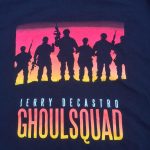
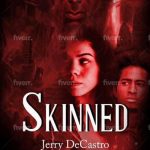
 Until I picked up this book about the life and writings of Émile Zola, I did not realize how little I knew about French authors. The book is part of the Twayne World of Authors Series and had been discarded from a university library. My reading of the book was slow and deliberate and I marked phrases I liked, had to look up and research French words, historical events, and places–some of which I made marginal notes about.
Until I picked up this book about the life and writings of Émile Zola, I did not realize how little I knew about French authors. The book is part of the Twayne World of Authors Series and had been discarded from a university library. My reading of the book was slow and deliberate and I marked phrases I liked, had to look up and research French words, historical events, and places–some of which I made marginal notes about.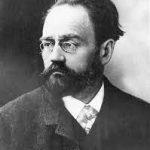 My research revealed that there are many websites, detailed books, and fine videos concerning Zola. Elliott M. Grant, the author/editor, spent many years researching Zola. The book is not intended to be an exhaustive biography, but it does include enough to help the reader to understand Zola and appreciate his literary work, which includes novels, short stories, poems, journal and newspaper articles, and dramatic works. The book includes chapter notes and references, a selected bibliography, and an index. My feeling is that the book is an easy reference and useful tool for one wanting to explore Zola and his world.
My research revealed that there are many websites, detailed books, and fine videos concerning Zola. Elliott M. Grant, the author/editor, spent many years researching Zola. The book is not intended to be an exhaustive biography, but it does include enough to help the reader to understand Zola and appreciate his literary work, which includes novels, short stories, poems, journal and newspaper articles, and dramatic works. The book includes chapter notes and references, a selected bibliography, and an index. My feeling is that the book is an easy reference and useful tool for one wanting to explore Zola and his world.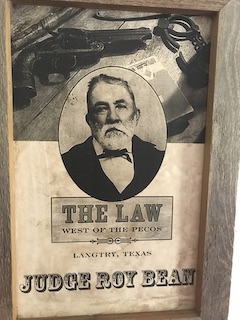
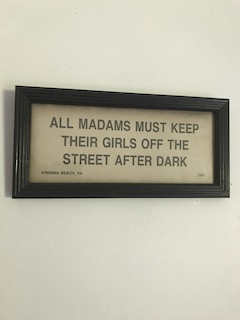
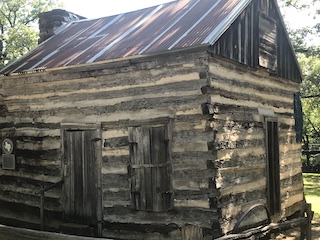
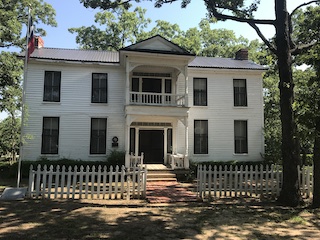
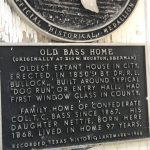
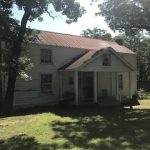
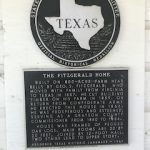
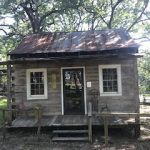
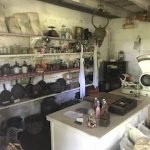
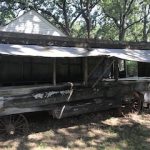
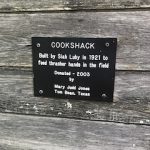
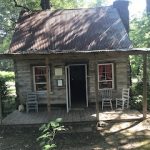
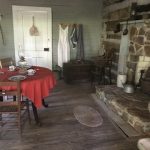
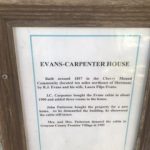
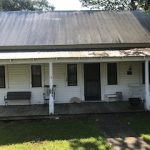
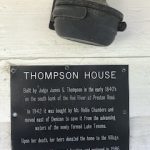
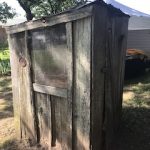
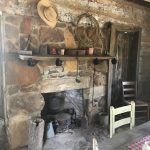
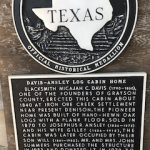
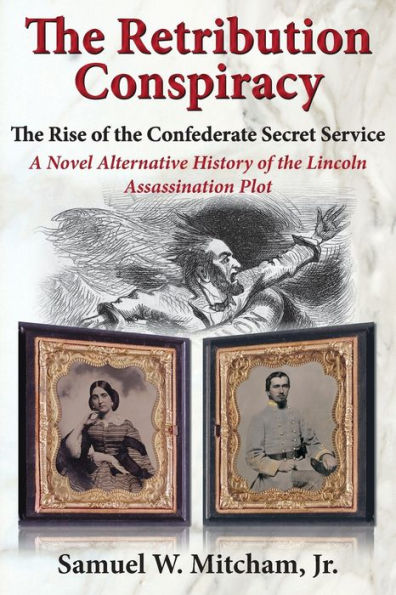 The full title on the novel cover is The Retribution Conspiracy: The Rise of the Confederate Secret Service. Below the cover title, one can read, A Novel Alternative History of the Lincoln Assassination Plot. Though I know a technique of writing historical fiction is to choose a topic, person, or historical incident that will interest people, I thought that this key moment in American history is a well-known topic that the general reading public knows something about. I wondered why he chose this topic. However, when I read this novel by Samuel W. Mitcham, I was truly surprised. I am an avid reader of history, fiction, creative nonfiction, and some historical fiction. I was hooked after reading the author’s introduction. After I completed a reading of this novel, demanded I write a review, something I’ve never done with a historical novel, though I’ve read and always admired Michener’s novels.
The full title on the novel cover is The Retribution Conspiracy: The Rise of the Confederate Secret Service. Below the cover title, one can read, A Novel Alternative History of the Lincoln Assassination Plot. Though I know a technique of writing historical fiction is to choose a topic, person, or historical incident that will interest people, I thought that this key moment in American history is a well-known topic that the general reading public knows something about. I wondered why he chose this topic. However, when I read this novel by Samuel W. Mitcham, I was truly surprised. I am an avid reader of history, fiction, creative nonfiction, and some historical fiction. I was hooked after reading the author’s introduction. After I completed a reading of this novel, demanded I write a review, something I’ve never done with a historical novel, though I’ve read and always admired Michener’s novels.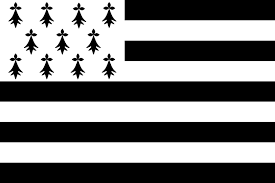 While most Americans currently chafe under the increasing control of the rich, liberal elite political leaders in Washington who promote globalism, create a society of victims totlly dependent on government handouts, and while we are suffering the effects of the Cancel Culture and the WOK mentality that daily thrashes, punishes, and targets any person or business that does not tow the leftist, liberal agenda, I was delighted to discover a strong Nationalistic movement in Brittany. Bretons chafe under the control of the rich Parisian liberals. Bretons consider Brittany their home, their nation, not France. Visitors to Brittany will see the old Celtic flag of Brittany everywhere and in songs and celebrations, one can discover how passionate one’s love for one’s homeland, culture, and history can be.
While most Americans currently chafe under the increasing control of the rich, liberal elite political leaders in Washington who promote globalism, create a society of victims totlly dependent on government handouts, and while we are suffering the effects of the Cancel Culture and the WOK mentality that daily thrashes, punishes, and targets any person or business that does not tow the leftist, liberal agenda, I was delighted to discover a strong Nationalistic movement in Brittany. Bretons chafe under the control of the rich Parisian liberals. Bretons consider Brittany their home, their nation, not France. Visitors to Brittany will see the old Celtic flag of Brittany everywhere and in songs and celebrations, one can discover how passionate one’s love for one’s homeland, culture, and history can be.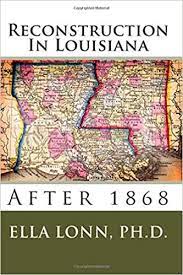 After the War Between the States, students of Louisiana history enter the dark and sad age of Reconstruction. In her fine book, Reconstruction in Louisiana After 1868, Ella Lonn, Ph.D., reveals how the actions and corruption of carpetbaggers (opportunist from the North), scalawags (reconstructed Southerners), military and government officials ruined the state’s economy, elections, and education. The purpose of this blog post is to share one example of how often in Reconstruction appointments and funds for education were misappropriated and funneled into the salaries of pathetically unqualified people in important educational positions. Lonn says this: “School directors were often unable to write their names. A letter (mailed Jan. 9, 1972) from the president of the school board of Carroll Parish, as printed in the National Republican, is so ungrammatical and misspelled that it is almost impossible to read it. Here is the actual letter:
After the War Between the States, students of Louisiana history enter the dark and sad age of Reconstruction. In her fine book, Reconstruction in Louisiana After 1868, Ella Lonn, Ph.D., reveals how the actions and corruption of carpetbaggers (opportunist from the North), scalawags (reconstructed Southerners), military and government officials ruined the state’s economy, elections, and education. The purpose of this blog post is to share one example of how often in Reconstruction appointments and funds for education were misappropriated and funneled into the salaries of pathetically unqualified people in important educational positions. Lonn says this: “School directors were often unable to write their names. A letter (mailed Jan. 9, 1972) from the president of the school board of Carroll Parish, as printed in the National Republican, is so ungrammatical and misspelled that it is almost impossible to read it. Here is the actual letter: